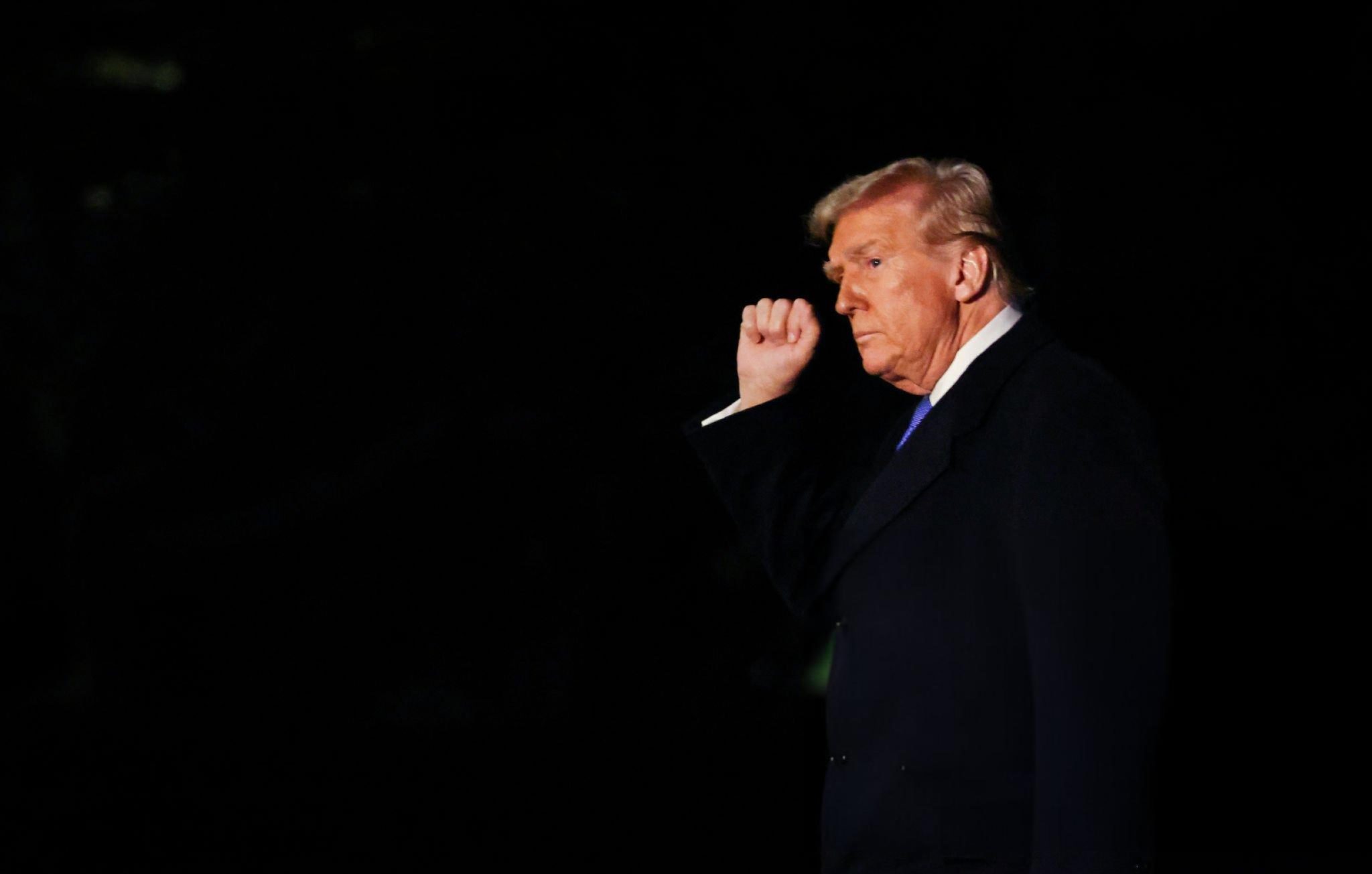The leader of the Islamic State (ISIS) in Iraq, Abdallah Maki Mosleh al-Rifai, also known as “Abu Khadija,” has been killed in a joint operation by Iraqi national intelligence and US-led coalition forces. The announcement was made by Iraqi Prime Minister Mohammed Shia al-Sudani, who hailed the event as a major victory against terrorism.
Iraq hails a victory against ISIS
Speaking on X (formerly Twitter), Prime Minister al-Sudani praised Iraq’s security forces for their relentless efforts in combating extremism.
“The Iraqis continue their impressive victories over the forces of darkness and terrorism,” he said in an official statement.
The Iraqi government described al-Rifai as one of the world’s most dangerous terrorists and the deputy caliph of ISIS. His elimination marks a significant blow to the group’s operations in Iraq and neighbouring Syria.
Trump celebrates strike against ISIS leader
Former US President Donald Trump took to his social media platform, Truth Social, to comment on the killing of the ISIS leader.
“Today, the fugitive leader of ISIS in Iraq was killed. He was relentlessly hunted down by our intrepid warfighters in coordination with the Iraqi government and the Kurdish regional government,” Trump wrote.
In a characteristic statement, he added: “PEACE THROUGH STRENGTH!”
Details of the operation
According to CNN, the operation was executed via an airstrike in Iraq’s western Anbar province. A security official stated that al-Rifai was confirmed dead on Friday, but the strike took place on Thursday night. Due to the sensitivity of the matter, the official spoke on condition of anonymity.
US and Iraqi forces have worked together for years to dismantle ISIS, which, despite losing its territorial stronghold, continues to carry out attacks across the region. Al-Rifai’s death follows a series of targeted operations against ISIS leadership, signalling ongoing efforts to prevent the group’s resurgence.
Syria and Iraq pledge cooperation against ISIS
The announcement of al-Rifai’s death coincided with a diplomatic meeting between Syria and Iraq, during which both countries reaffirmed their commitment to combating ISIS.
Iraqi Foreign Minister Fouad Hussein, speaking at a press conference, acknowledged the persistent threat posed by ISIS.
“There are common challenges facing Syrian and Iraqi society, and especially the terrorists of IS,” Hussein said, as reported by CNN.
He revealed that officials had held in-depth discussions on ISIS movements along the Syrian-Iraqi border and within both nations.
Additionally, Hussein referenced a new operations room established in Amman, Jordan, involving Syria, Iraq, Turkey, Jordan, and Lebanon, designed to enhance coordination against ISIS. The initiative is expected to become operational soon.
Geopolitical implications
The security situation in Iraq and Syria remains complex, particularly following the fall of former Syrian President Bashar al-Assad in December. The change in leadership has reshaped alliances and regional power dynamics, with Iraq navigating its ties with Syria under interim President Ahmad al-Sharaa.
Sharaa, previously known as Abu Mohammed al-Golani, was a former al-Qaida fighter in Iraq and later became a key figure in the Syrian conflict. His leadership has raised concerns among various international players, including the US and Israel.
Iraq, under al-Sudani, has maintained close ties with Iran, a key ally of Assad’s former regime. Tehran’s continued influence in Iraq and Syria remains a point of contention, particularly for Western powers.
The future of US troops in Iraq
Last year, the US and Iraq agreed to wind down the American-led coalition’s military mission in Iraq by September 2025. The agreement would see US forces gradually withdrawing from bases where they have been stationed for the past two decades.
Iraqi officials had initially insisted that the ISIS threat was under control and that foreign troops were no longer needed. However, with the fall of Assad and the shifting security landscape, some members of Iraq’s political establishment have reconsidered this stance.
The Coordination Framework, a coalition of Shiite, Iran-backed political parties, has been at the forefront of discussions regarding Iraq’s security needs. Given the persistent activities of ISIS cells, there are growing concerns over whether Iraq can manage its security independently once the coalition forces depart.
Conclusion
The killing of Abu Khadija represents a significant moment in the fight against ISIS, but it does not mark the end of the group’s presence in the region. The continued activity of ISIS cells, coupled with the evolving political situation in Syria and Iraq, ensures that counterterrorism operations will remain a priority for both Baghdad and Washington.
As Iraq and Syria pledge deeper cooperation against ISIS, the international community will be watching closely to see whether these efforts can bring lasting stability to a region that has long been plagued by conflict and extremism.







